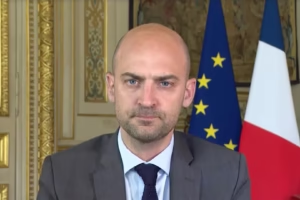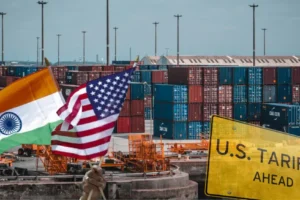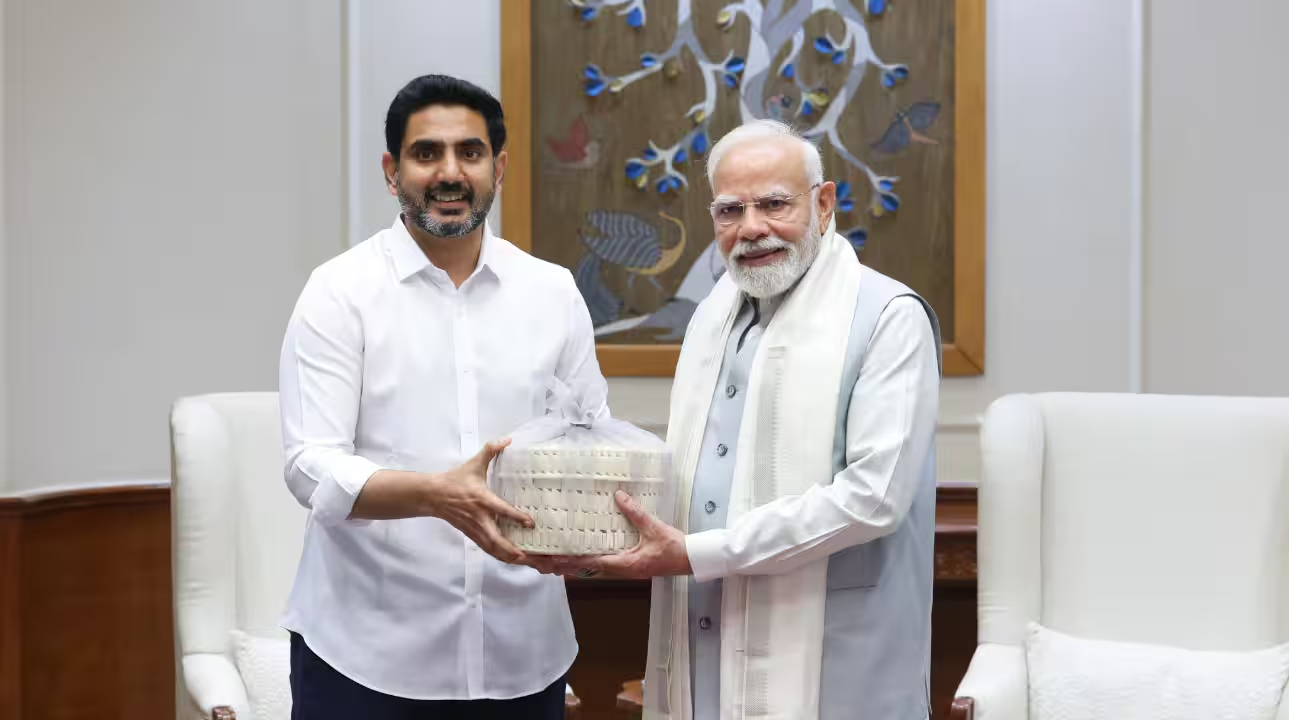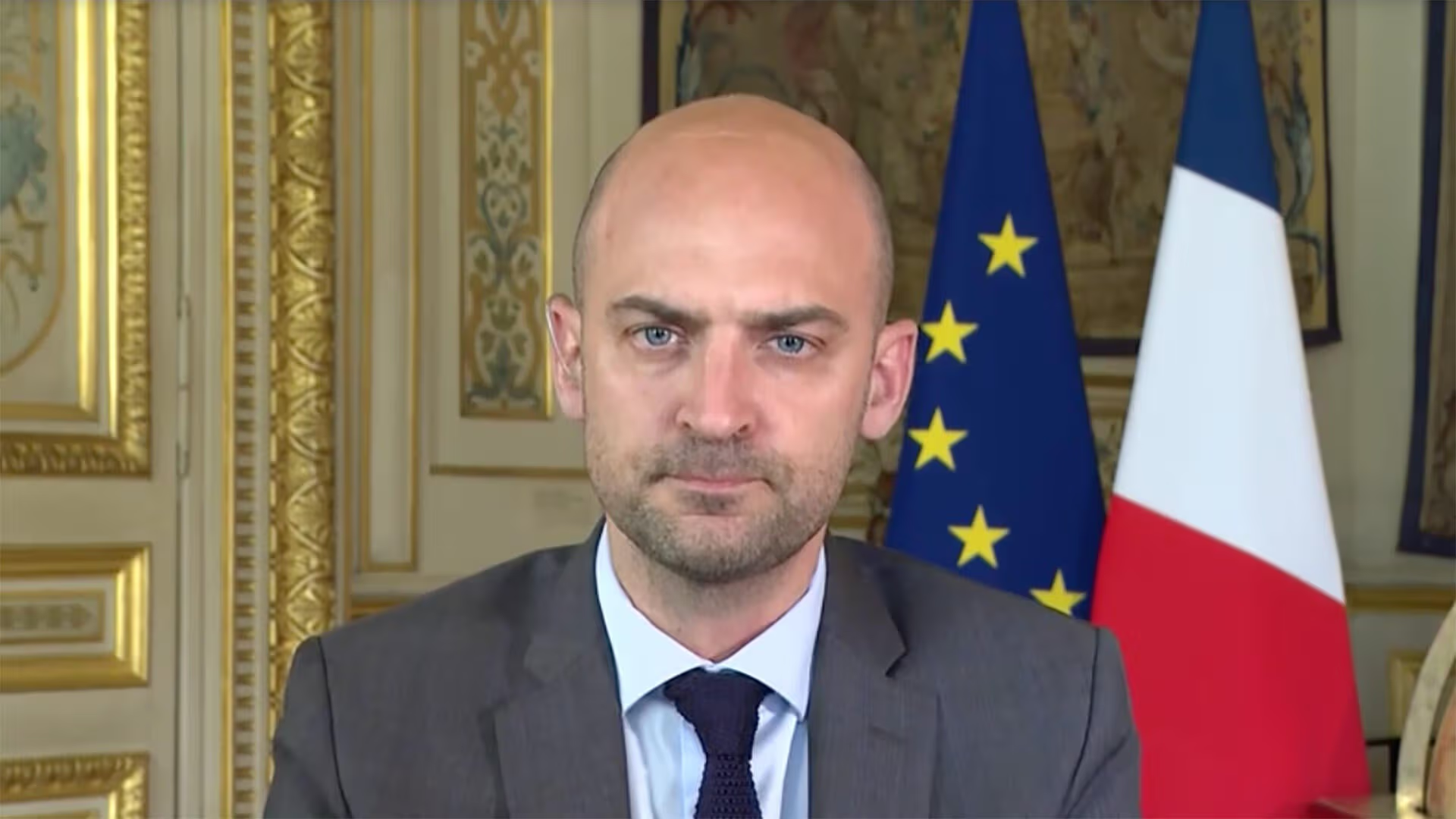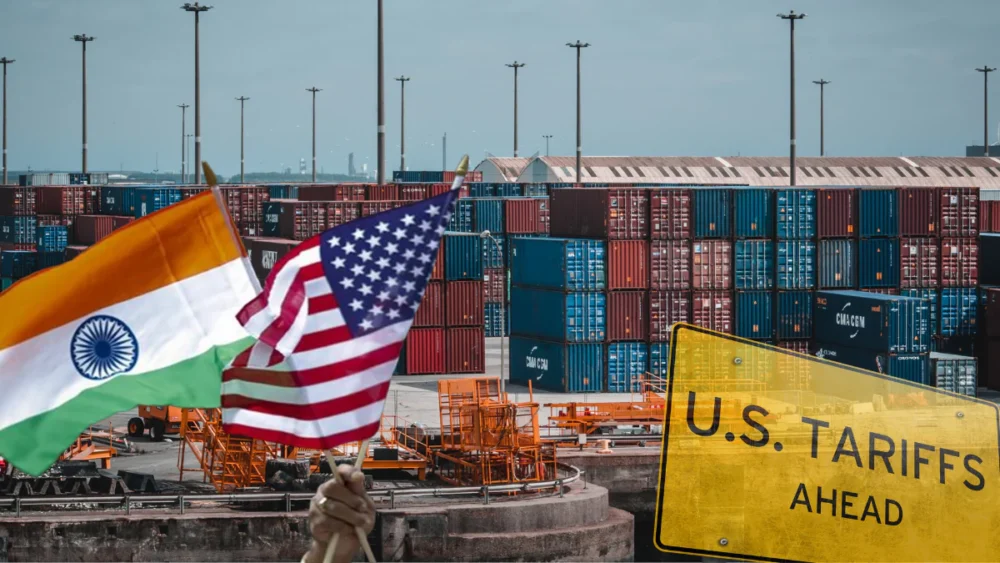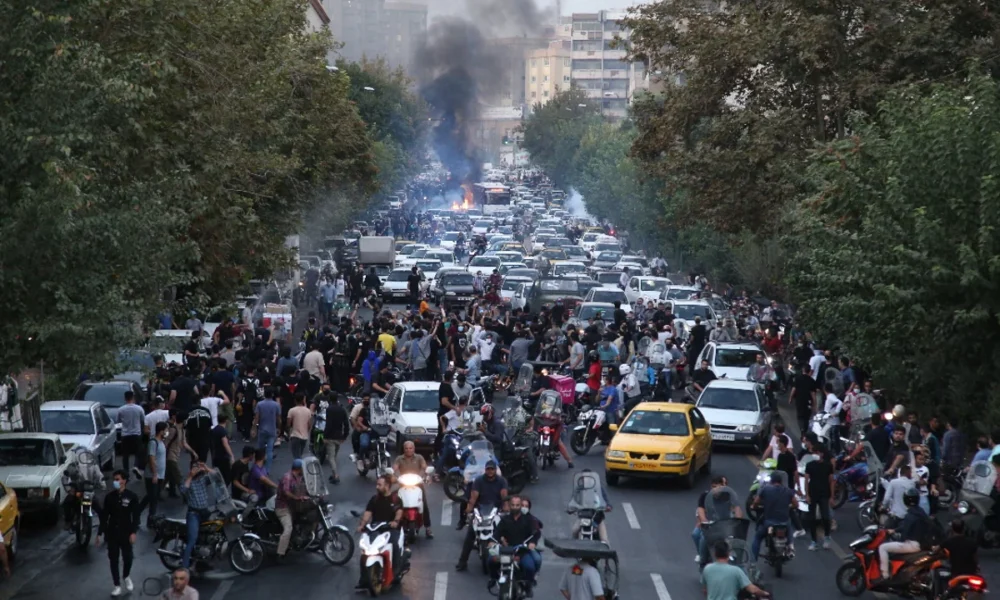AMARAVATI, India, Nov 19 — A 42-year-old Stanford MBA and influential political figure is quickly becoming the primary point of contact for global corporations seeking to invest in India. Nara Lokesh — leveraging his party’s strong ties to Prime Minister Narendra Modi — has built a reputation for fast-tracking billion-dollar projects by breaking through India’s notorious bureaucratic gridlock.
Lokesh says he has secured $120 billion in confirmed investment commitments in just 16 months for Andhra Pradesh — more than any other Indian state or union territory.
Among the marquee investments:
- Google is building a $15 billion data center, the company’s largest-ever investment in India.
- ArcelorMittal–Nippon Steel has pledged nearly $17 billion toward a 17.8-million-tonne steel plant.
The joint venture told Reuters it remains fully committed to the multi-phase project.
“We no longer hold meetings just to exchange MoUs and pose for photos,” Lokesh said. “Every meeting must produce outcomes.” His Telugu Desam Party (TDP) governs Andhra Pradesh and provides crucial support to Modi’s national coalition.
“I want the state to move from ‘ease of doing business’ to the speed of doing business,” he added.
A Key Power Broker in a Coalition Era
Although Modi has led India since 2014, his BJP won only 240 seats in the 543-member parliament in the last general election — leaving the ruling coalition heavily reliant on partners like the TDP.
For years, foreign investors have complained about India’s slow-moving bureaucracy, complicated taxes, and rigid regulatory systems. Lokesh and his father, Chief Minister Chandrababu Naidu, are attempting to demonstrate a new model of governance.
Their approach has already won high-profile praise. At a recent conference, Adani Group’s Karan Adani said:
“Your ‘Speed of Doing Business’ mantra is not a slogan — we’ve experienced it firsthand.”
Adani committed another $12 billion of investment over the next decade, on top of the $5 billion already deployed in Andhra Pradesh.
Lokesh credits the coalition partnership with giving Andhra “a voice at the table,” but says national backing matters only if states can execute quickly. His ambition is staggering: he aims to secure $1 trillion in firm commitments before the 2029 national and state elections.
The Google Breakthrough
Lokesh, the state minister for HRD and electronics, learned in late 2024 that Google was searching for an Indian location for a massive AI-focused data center. The tech giant wanted assurances about two key issues:
- No retrospective taxation, a problem that previously plagued Vodafone and Cairn Energy.
- Clarity on data interception rules, especially regarding third-country AI data.
India currently allows interception for national security purposes.
Lokesh mobilized a team of young officials who coordinated directly with senior ministers in New Delhi. Within months, Google announced its landmark investment — scheduled between 2026 and 2030.
He refused to share details of the concessions involved, but insisted nothing illegal or improper was done.
“The goal is speed, not shortcuts,” said Saikanth Varma, CEO of the Andhra Pradesh Economic Development Board.
Andhra’s “Spicy” Investment Formula
ArcelorMittal–Nippon Steel considered several states — including BJP-run regions — before choosing Andhra for its mega steel plant. Lokesh says Modi approved a crucial 200-km slurry pipeline “within seconds,” a key factor that swung the deal.
Consultant Sanjeev Singh says Andhra’s aggressive approach inspires healthy competition among states, but warns it may lead to unequal industrial growth, labor shortages, and infrastructure pressure elsewhere.
Neighboring Karnataka — run by the Congress party — admitted it lost the Google data center because Andhra offered concessions on power, land, water, and taxes that Karnataka considered too costly for its public.


